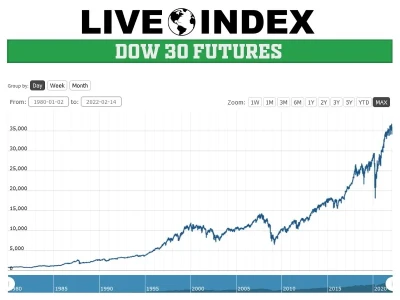IBM's CEO Gets It: Trust Your Team (and Their Tech)
I’ve got to say, the ongoing debate about device use in meetings is fascinating to me. On one side, you have folks like JPMorgan Chase CEO Jamie Dimon, who wants everyone locked in, eyes glued to the speaker, no distractions allowed. And then you have IBM CEO Arvind Krishna, who takes a more, shall we say, enlightened approach. He basically said telling people not to use their tech is just plain "weird," especially at a tech company!
Now, I know what some of you are thinking: "Dr. Thorne, are you saying it’s okay to zone out during a meeting and scroll through TikTok?" Absolutely not! But Krishna’s point resonates deeply, and it's not just about being "nice" to employees; it’s about understanding the future of work.
The Meeting Renaissance: Tech as an Ally
Think about it: we're not in the Mad Men era anymore. We're not chained to conference tables, forced to passively absorb information. Technology empowers us to be active participants, even in large gatherings. Krishna astutely distinguishes between small, intimate meetings where full attention is crucial, and larger meetings that are essentially "communication vehicles." In those larger settings, expecting everyone to be 100% focused, 100% of the time, is just unrealistic.
It’s like expecting everyone to ride a horse to work when we have cars. The horse might be nice for a leisurely ride, but the car gets you there faster, more efficiently, and allows you to do other things along the way. In the same way, devices can enhance our meeting experience. Need to quickly fact-check something? Boom, Google is your friend. Want to share a relevant article with the group? Instant sharing.
I mean, imagine telling a room full of engineers at IBM, a company built on innovation, that they can't use the very tools they create and rely on every day! It’s like telling a painter they can’t use brushes. It's counterintuitive, and frankly, it stifles creativity.

Of course, there’s a balance. Krishna himself acknowledges that small meetings require focused attention. But let's be honest, how many of us have sat through endless, unproductive meetings where half the attendees are clearly checked out anyway? At least with technology, there's a chance they might stumble upon something relevant, contribute a valuable insight, or even just stay awake!
There's also the simple matter of trust. Dimon's approach, while perhaps well-intentioned, feels a bit… controlling. It implies a lack of faith in employees to manage their own attention and prioritize effectively. Krishna’s stance, on the other hand, says, "I trust you to use your judgment. I trust you to be a professional." And that trust, my friends, is a powerful motivator.
Plus, let's not forget the elephant in the room: AI. With AI assistants now capable of summarizing meetings and generating action items, the pressure to be a passive note-taker is diminishing. We can focus on actively engaging in the discussion, knowing that the AI will capture the key details. In the future, AI might even personalize the information stream during a meeting, delivering relevant data directly to your device based on your role and interests. How cool is that?
But with all this talk of technological empowerment, we must also consider the ethical implications. Are we creating a culture of constant distraction? Are we sacrificing deep, meaningful connection for the sake of efficiency? These are important questions to ask. This kind of progress demands responsibility.
Embracing the Future, One Notification at a Time
When I first read about this disagreement, I honestly just smiled. It’s a microcosm of the larger debate about the future of work: control versus empowerment, tradition versus innovation. And while I respect Jamie Dimon's concerns, I firmly believe that Arvind Krishna is on the right track. The future of meetings isn't about banning devices; it's about embracing them as tools for collaboration, innovation, and engagement. It’s about trusting your team to use their best judgment and create a meeting experience that works for everyone.

